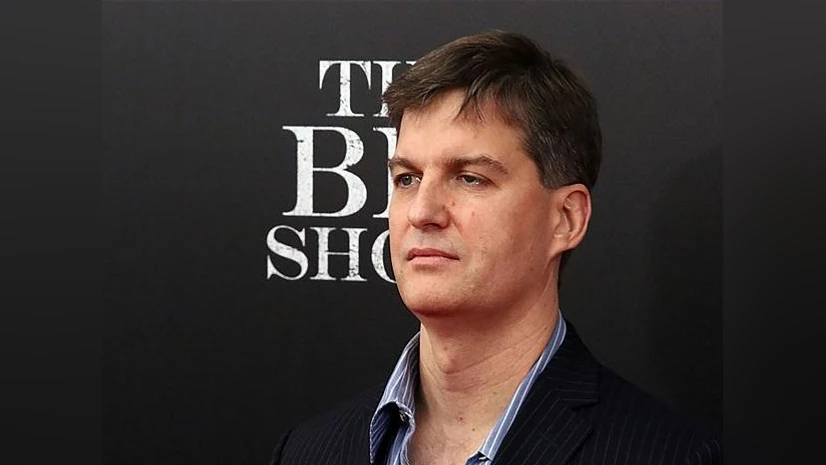Michael Burry Shuts Down Scion Asset Management
By
Leah Rosenfeld
Last updated:
November 14, 2025
First Published:
November 30, 2025

Photo: Business Standard
Burry Steps Away From Scion Asset Management
Michael Burry, the legendary investor who predicted the 2008 housing crash and became the central figure of “The Big Short,” has officially deregistered Scion Asset Management. According to the Securities and Exchange Commission’s public database, Scion’s registration was marked “terminated” as of November 10. Once deregistered, the firm is no longer obligated to file regulatory reports at the federal or state level.
Scion managed roughly $155 million in assets as of its most recent filing in March. For more than a decade, investors on Wall Street have scrutinized Burry’s disclosures for clues about emerging bubbles or signs of structural market cracks.
In a brief post on X, Burry wrote, “On to much better things Nov 25th,” signaling a clear shift in direction, though he did not elaborate. Scion Asset Management did not respond to requests for comment.
Intensifying Criticism of Big Tech and AI
In recent months, Burry has become increasingly vocal about what he views as inflated expectations across the technology sector—particularly in companies tied to artificial intelligence. He has publicly criticized firms such as Nvidia and Palantir, arguing that the current cloud and AI infrastructure boom is obscuring major accounting risks.
Burry claims that major tech giants—including Microsoft, Google’s parent Alphabet, Oracle and Meta—are extending depreciation schedules for their rapidly growing AI hardware investments in ways that smooth earnings but mask real long-term costs. He estimates that between 2026 and 2028, these adjustments could lead to $176 billion in understated depreciation expenses, effectively overstating profits across the cloud and AI ecosystem.
Bruno Schneller, managing director at Erlen Capital Management, said Burry’s decision “feels less like calling it quits and more like stepping away from a game he believes is fundamentally rigged.” Schneller added that Burry may be preparing to operate privately, possibly through a family-office model where he invests his own capital without external reporting obligations.
A History of Contrarian Calls
Burry is widely known for his aggressive short position against subprime mortgage securities in the mid-2000s—a trade chronicled in Michael Lewis’s bestselling book “The Big Short” and later the Oscar-winning film. His online profile name, “Cassandra Unchained,” references the Greek myth of Cassandra, who could see the future but was cursed never to be believed.
Under U.S. regulations, investment advisers with $100 million or more in assets under management must register with the SEC. With Scion’s deregistration, Burry now joins a growing list of high-profile investors distancing themselves from traditional fund structures.
A Difficult Era for Short Sellers
Burry’s move comes at a time when short sellers face an increasingly unforgiving market environment. Persistent enthusiasm for tech stocks, massive inflows from retail traders and multi-year rallies in large-cap growth companies have made bearish positions riskier and more volatile.
Earlier this year, Hindenburg Research closed its operations after years spent pursuing high-profile targets including India’s Adani Group and U.S. electric truck manufacturer Nikola. Veteran short seller Jim Chanos, famous for exposing Enron before its collapse, has also faced resistance after raising concerns about valuations at Michael Saylor’s bitcoin-focused company, Strategy. Chanos argued that Strategy’s premium was unjustified—a stance that sparked a combative response from Saylor.
Against this backdrop, Burry’s exit from the SEC’s reporting system suggests he may be preparing for a quieter but more flexible investment approach—one that allows him to take contrarian positions without the scrutiny that has followed him since 2008.
For now, markets will be watching closely for November 25, when Burry’s cryptic message hints he may reveal his next chapter.
Popular articles
Subscribe to unlock premium content
Defying Gravity in Style

Lunar Dreams Become Reality

Frozen Fantasies Come Alive

Defying Gravity in Style

Lunar Dreams Become Reality

Defying Gravity in Style









